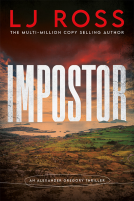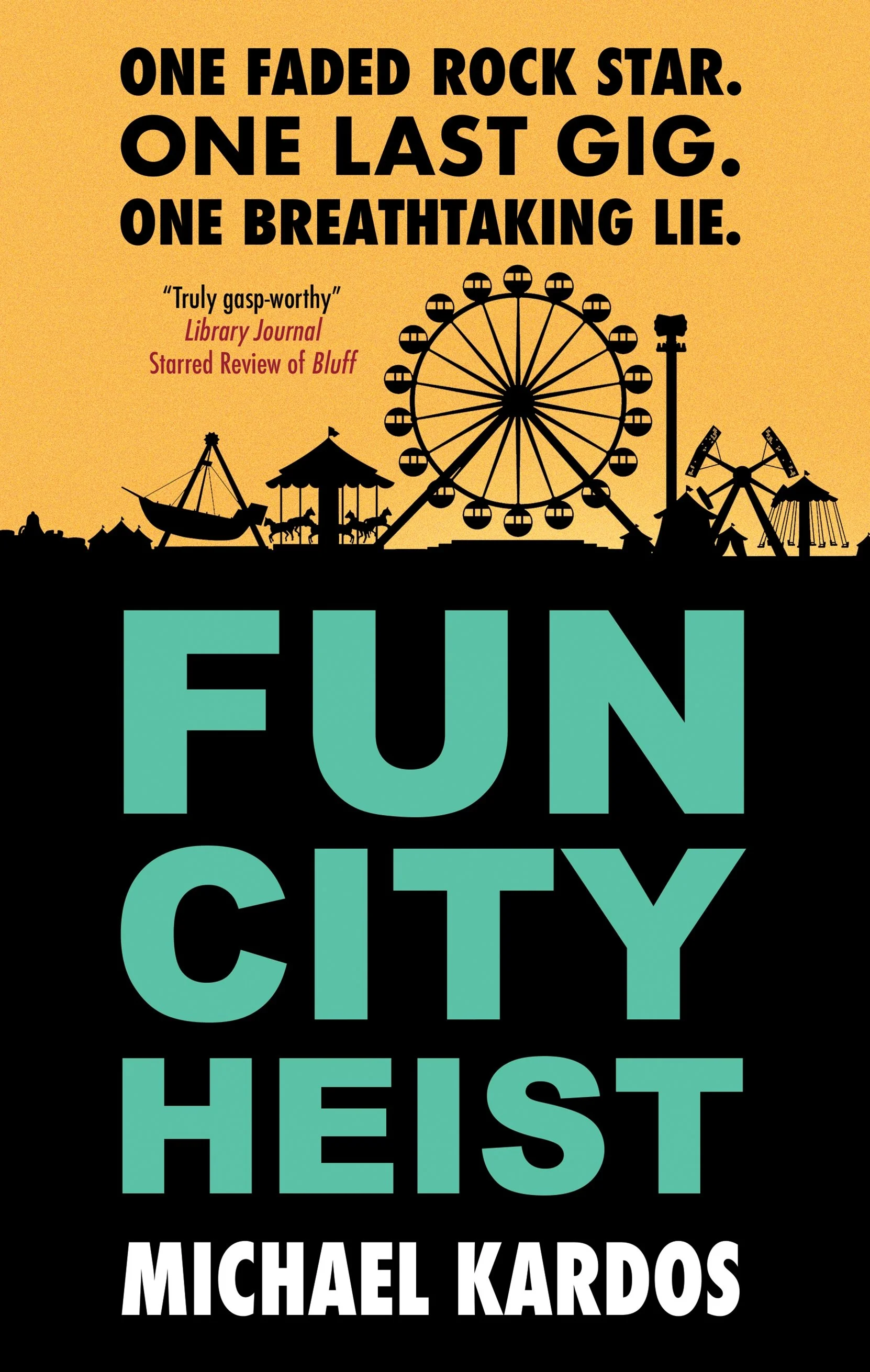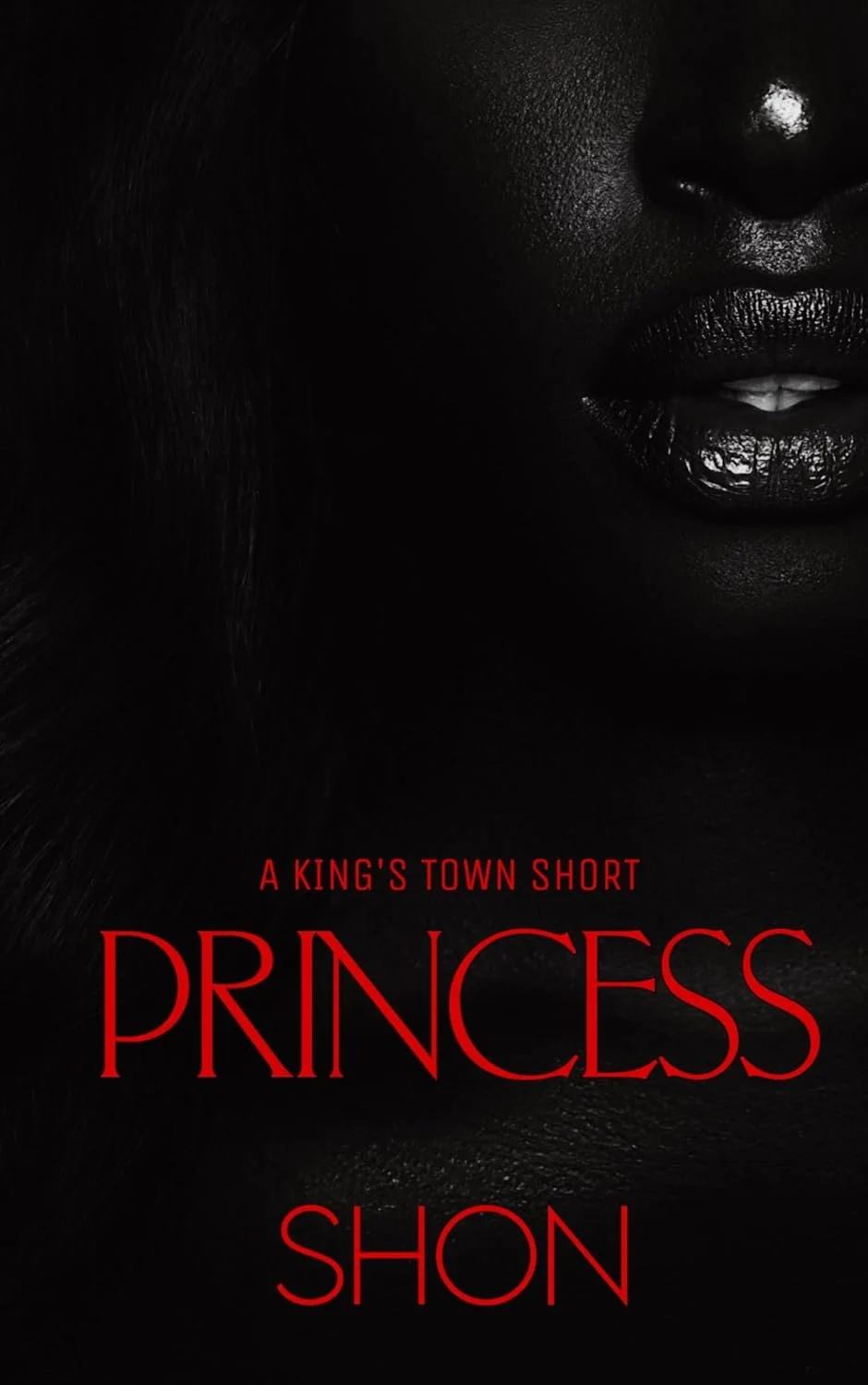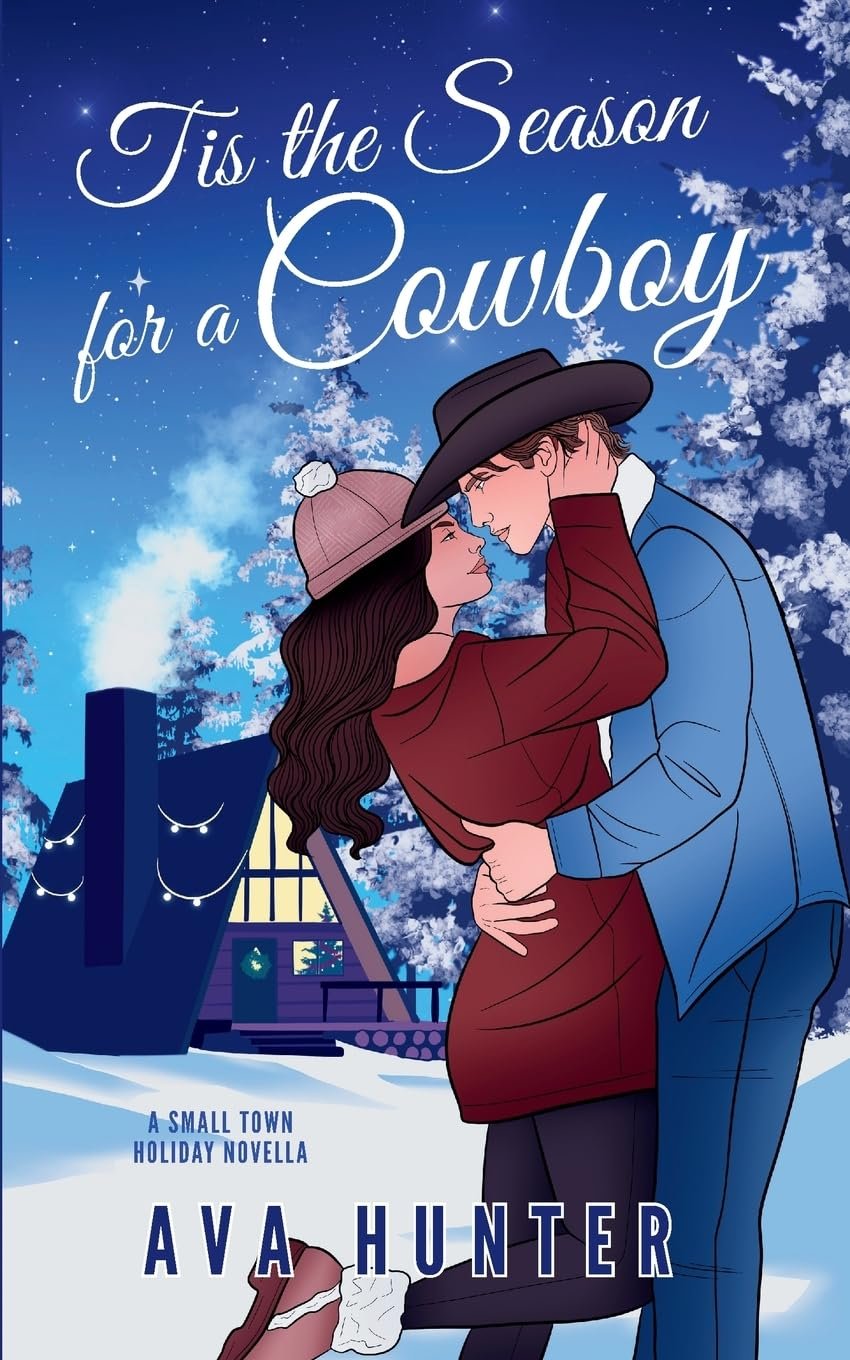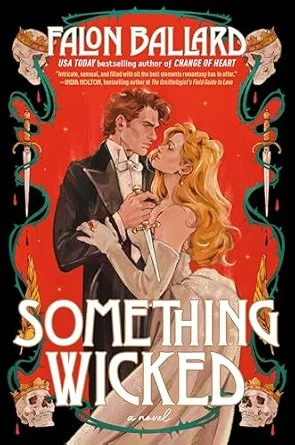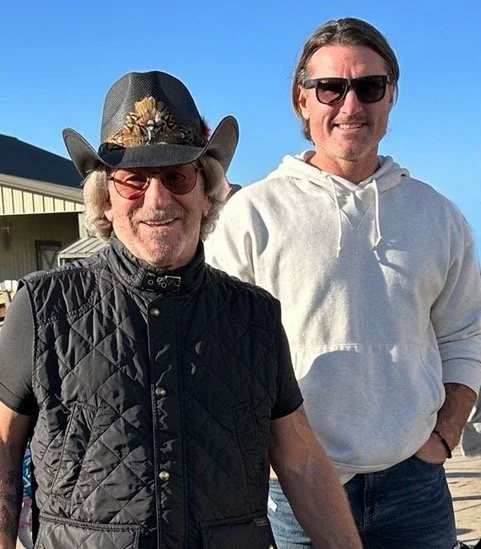Excerpt: The Varangian by Bruce Macbain
/About the Book
The third volume of Odd Tangle-Hair’s Saga finds our hero in Golden Miklagard (Constantinople), posing as an ambassador from the Grand Prince of Rus. But his real mission is to assassinate his former master, Harald the Ruthless, who has now risen high in the Emperor’s Varangian Guard. Odd is dazzled by the brilliance of the Byzantine capital and its beating heart–the Great Palace, with the astonishing Throne of Solomon that levitates above the heads of kneeling courtiers.
Here, Odd will meet Constantine Psellus, an ambitious young bureaucrat who mentors him in the ways of the court. He will be drawn into an intrigue that involves the Empress Zoe, who spends her days brewing vats of perfume, and John the Guardian of Orphans, the powerful and sinister eunuch who schemes to advance his family. And Odd will fall in love with Selene, an alchemist’s daughter, who supports herself by gambling in the waterfront taverns.
Finally, after a hard-fought campaign against the Saracens in Sicily and the overthrow of an Emperor, Odd reaches the pinnacle of power and believes he has vanquished his enemy Harald once and for all.
Then disaster overwhelms him.
Excerpt
Chapter 1: Golden Miklagard
The size of it! The Romans call it Constantinople, Byzantium, New Rome, or simply The city. We Norse call it Miklagard, ‘Big Town.’ How puny the words seem. As the late afternoon sun broke through the clouds, there lay spread out before me across the sparkling water a sight dazzling to the eyes: a series of rising terraces clothed in alabaster, acres of it--walls, columns, arches, steps, piled one atop the other and everywhere crowned with golden domes, touched to sudden life by the fire from above.
It was all true, those boasts of Leonidas, the Greek sea captain I had spent four years chained to; and I had thought he was a liar or just crazy. But no words could have prepared me for this, just as no words of mine are big enough for it now. The sight of it came like rain to my barren spirit. Curiosity and wonder--feelings I had forgotten I possessed--stirred in me again like seeds in the damp earth. To walk those avenues, to enter those cool marble towers and hear the whisper of silk along their secret corridors…
After weeks of rowing down the Dnieper and across the sea with our cargo of furs, honey, wax, caviar, and hides, the Rus fleet of a hundred river boats flanked by Greek warships, sailed past the twin guard towers and into the Golden Horn—a long, winding inlet, a kind of fjord, that divides the city proper from the hinterland. Our destination was the Harbor of Saint Mamas on the northern shore of the Horn. For only here, according to treaty, were we Rus allowed to camp. I say ‘we’ because I was one of them now: gospodin Churillo Igorevich of Novgorod; dressed in a fur hat with a red tassel, a long blue coat, wide striped trousers tucked into soft red leather boots, and a pigeon-blood ruby in my ear. From my belt hung a fat purse of gold and in my hand I held a letter from Yaroslav the Wise naming me his boyar and ambassador to the court of his dear ‘brother’ Michael, Emperor of the Romans. I was empowered to negotiate a marriage for his daughter Yelisaveta—a marvel of beauty, prudence, and affability—with some lucky Greek princeling. Needless to say, all this had been concocted by Ingigerd without `Wise' Yaroslav being any the wiser. She counted on rumor of my business reaching Harald’s ears, wherever he might be, and bringing him out in the open. Then all I had to do was kill him.
All along the quay our boats-- dugouts hollowed from a single giant tree trunk—were tying up and unlading in front of a crowd of curious onlookers. The Greeks never tired of watching us—we fearsome, shaggy savages of the North, who three times in their history had attacked them from the sea and nearly captured their city. For this reason, though our trade goods were welcome, we were closely guarded, confined to one region of the city, and disarmed before being allowed ashore.
“Eh? Eh? Odd Tang—excuse me, Churillo…” Stavko winked hugely, laughed with a spray of saliva, and shook his head so that the lead balls swung at the ends of his greasy braids. The slave trader was to be my guide, my minder, my go-between with Ingigerd. “Eh? Does Stavko exaggerate? You are impressed?”
I wouldn’t tell him so. The man gave me the shivers. He clapped me on the shoulder, then quickly pulled back his hand, seeing me wince. “Sorry, gospodin. How is wound?”
We had sailed into a Pecheneg ambush on the river a week ago and I’d taken an arrow in my right shoulder. It was still plenty sore and I couldn’t raise my arm above my head.
“Well, gospodin, I go see to the gifts. Such treasures we are bringing to Emperor! Then we—”
“I say, who’s in charge here?” The words were in heavily accented Slavonic. “I’m looking for your, ah, voi—voivode.” He stumbled over the word for commander. I looked around the crowd to see who had spoken and saw a slender young man—nineteen or twenty, I guessed—pushing his way through the crowd with a couple of soldiers in tow. His skin was olive, his eyes black under heavy brows that met in the middle; his head was round as a nut and covered with short brown bristles that extended downward over his cheeks, chin, and throat. His ears were large. He had a twitchy expression that reminded me of a squirrel. He was clearly some sort of official: his collar, belt, and cape indicated that much, even to a stranger like me.
Vyshata Ostromirovich, who was our commodore, turned round and looked down on the little fellow. “Who by the Devil’s mother are you? They send me someone new?”
“Constantine Psellus, sir, Office of Barbarians …”
“Whoever.” Vyshata turned away to scream abuse at a couple of sailors who had dropped a cask of mead.”
The young man scowled, bounced on the balls of his feet, looked around for someone else to address. Behind his back one soldier grinned at the other. I stepped forward and introduced myself in Greek.
“What? A barbarian speaks our language?” He blinked in surprise.
“I do, sir.” (Calling him kyrios in Greek, as Leonidas had taught me to do.) “Of a rough sort, anyway. I am Prince Yaroslav’s ambassador, come to offer the hand of his daughter to a suitable noble youth.”
“What’s that? We had no idea, no one told us you were coming.”
“I think it was a sudden decision.”
He scowled again—to cover his nervousness, I supposed. A junior official suddenly confronted with a situation above his pay grade. “Well, the Logothete must be informed at once and you will accompany me to the hostel, the ambassadors’ lodgings.”
“Gladly,” I smiled and we gripped forearms. For such a small fellow his grip was surprisingly strong. And that is how I met Psellus, who would change my life.
“Have you a man servant?” he asked.
I indicated Piotr, who was standing nearby, with his hair, as usual, in his eyes.
“Then come along both of you.” Psellus plunged into the crowd without looking back. It was a characteristic of his that I came to know well: he bustled everywhere as though he were perpetually late for an appointment. A young man in a hurry, I thought to myself. He led us to a small boat, very prettily painted, that was tied up some distance down the quay. The rowers raised their oars in salute when they saw us approaching.
“We’re crossing the Horn,” Psellus called over his shoulder. The hostel is near the Great Palace.”
Well, this is progress, thought I to myself. And how long will it be before I cross swords with Harald?
Just then a chill wind ruffled the surface of the water and a shiver ran through me. Of excitement—or fear?
Buy on Amazon | Barnes and Noble
About the Author
Bruce Macbain holds degrees in Classics and Ancient History and was formerly an Assistant Professor of Classics at Boston University. He decided to stop writing scholarly articles (which almost no one read) and turn his expertise to fiction—a much more congenial medium. His previous novels include two mysteries set in ancient Rome (Roman Games, The Bull Slayer) and the first two novels in the Odd Tangle-Hair series (Odin’s Child, The Ice Queen).
For more information, please visit Bruce MacBain’s website. You can also find him on Facebook, Twitter, Google+, and Goodreads.






